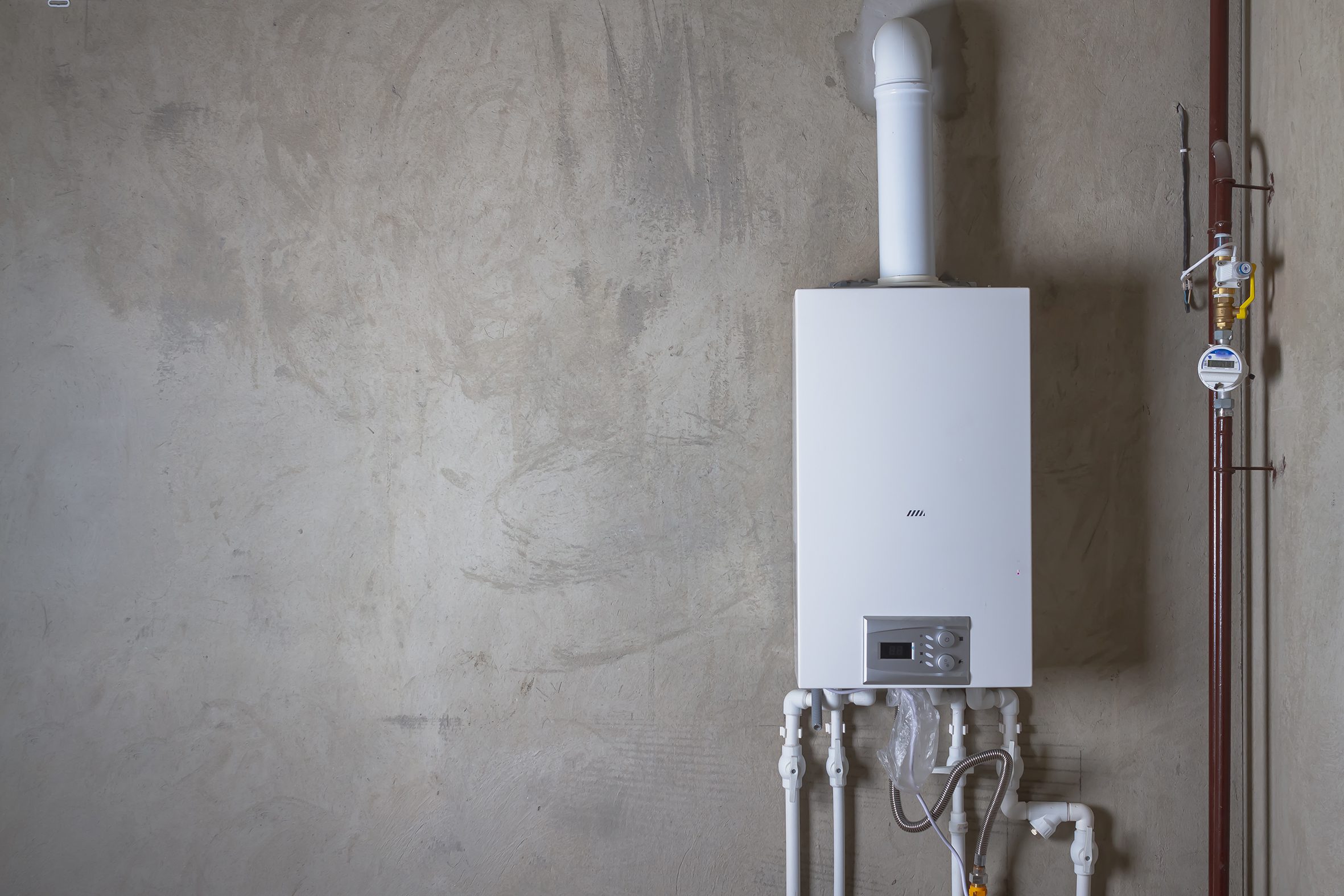
Gas is not cleaner than other nonrenewable fuel sources and utilizing it rather of coal or oil dangers accomplishing little or no decrease in greenhouse gas impacts, states science advisory group the European Academies’ Science Advisory Council (EASAC) in a brand-new report “Future of Gas”.
The file highlights the incredibly high international warming capacity of mainly unrecorded methane leaks along the entire gas supply chain. To reduce environment modification, it is essential to stop utilizing all nonrenewable fuel sources, to prohibit brand-new gas boilers, and to enormously increase sustainable electrical energy production.
To change Russian pipeline gas, European Member States have actually turned to liquid gas (LNG) from outside Europe. “We comprehend this is an essential compromise as an emergency situation step to make certain we keep the lights on, individuals warm and markets running. However as we are putting the instant reliance on Russia behind us, we need to entirely phase out gas and increase renewables,” describes William Gillett, EASAC’s Energy Program Director. “We can’t argue our escape of extreme modifications. The environment does not make compromises.”
Methane emissions have a life time in the environment of just about ten years, which is 10 times much shorter than that of co2. Nevertheless, its 20-year international warming capacity is over 80 times that of co2, which indicates that it is even more devastating. “Up until now, we have actually been examining the effect of greenhouse gas emissions in a time period of approximately 100 years. And there is absolutely nothing incorrect with these computations. Nevertheless, environment modification is advancing so quickly that now we need to concentrate on effects within the next 10 years. That’s why there is no option to changing gas with renewables simultaneously,” states Neven DuiÄ, Chair of EASAC’s Energy Steering Panel.
With 65 million boilers set up in the EU to heat structures, heating is without a doubt the biggest usage of gas. 8 Member States have actually currently embraced procedures to prohibit the setup of brand-new gas boilers or to need high levels of renewables in structures. “Such actions must be promoted throughout Europe,” advises DuiÄ.
The report advises heatpump and district heating as ready-to-use and climate-friendly options to gas boilers. It highlights that heating, unlike electrical energy, is an extremely regional market. Structure structures and guidelines, regional environment, need densities and the schedule of sustainable or waste heat sources affect what must be the very best option for each district or structure. For that reason, cities need to incorporate the shift into city preparation, and engage with heating unit owners and users.
Likewise, it is crucial that this procedure addresses social oppressions. William Gillett: “Not everyone has the cash or sufficient credit with banks to head out and purchase a brand-new heating unit. Europe’s success in decreasing its greenhouse gas emissions needs insight, social level of sensitivity, and assistance systems that are targeted on the most susceptible groups and homes.”
Gas circulation and supply business frequently argue for gradually changing gas with hydrogen, which would permit them to keep their properties running for years to come. However from a clinical viewpoint, this technique holds extremely little guarantee for heating houses more easily. “Mixing 10% hydrogen in gas simply provides 1% in CO2 decrease which is not a great usage of an important energy provider that will be required in hard-to-abate sectors. We anticipate quickly growing need for hydrogen and hydrogen-derived fuels in some markets and for durable transportation”, describes Anne Neumann, Chair of the EASAC Working Group.
For a very long time, gas has actually been viewed as the perfect bridge from coal on the roadway towards net-zero carbon emissions by 2050. In some nations, gas has actually ended up being the primary fuel to create electrical energy. EASAC’s “Future of Gas” report explains that this is a dead-end roadway.
” Gas ought to no longer be thought about as a transitional alternative. All electrical energy production and heating based upon combustion actually fuels international warming, and need to be changed by renewables such as wind, solar, or hydro”, states DuiÄ.
The report likewise weighs the possibilities of carbon capture and storage (CCS) and nuclear. “The coming years is definitive for keeping environment modification in check, however blend is still in its infancy, and neither CCS nor brand-new nuclear plants based upon existing or little modular reactor innovation can be developed rapidly enough. In addition, in lots of areas, nuclear reactor run the risk of ending up being susceptible to environment modification impacts such as cooling water shortage”, concludes Gillett.